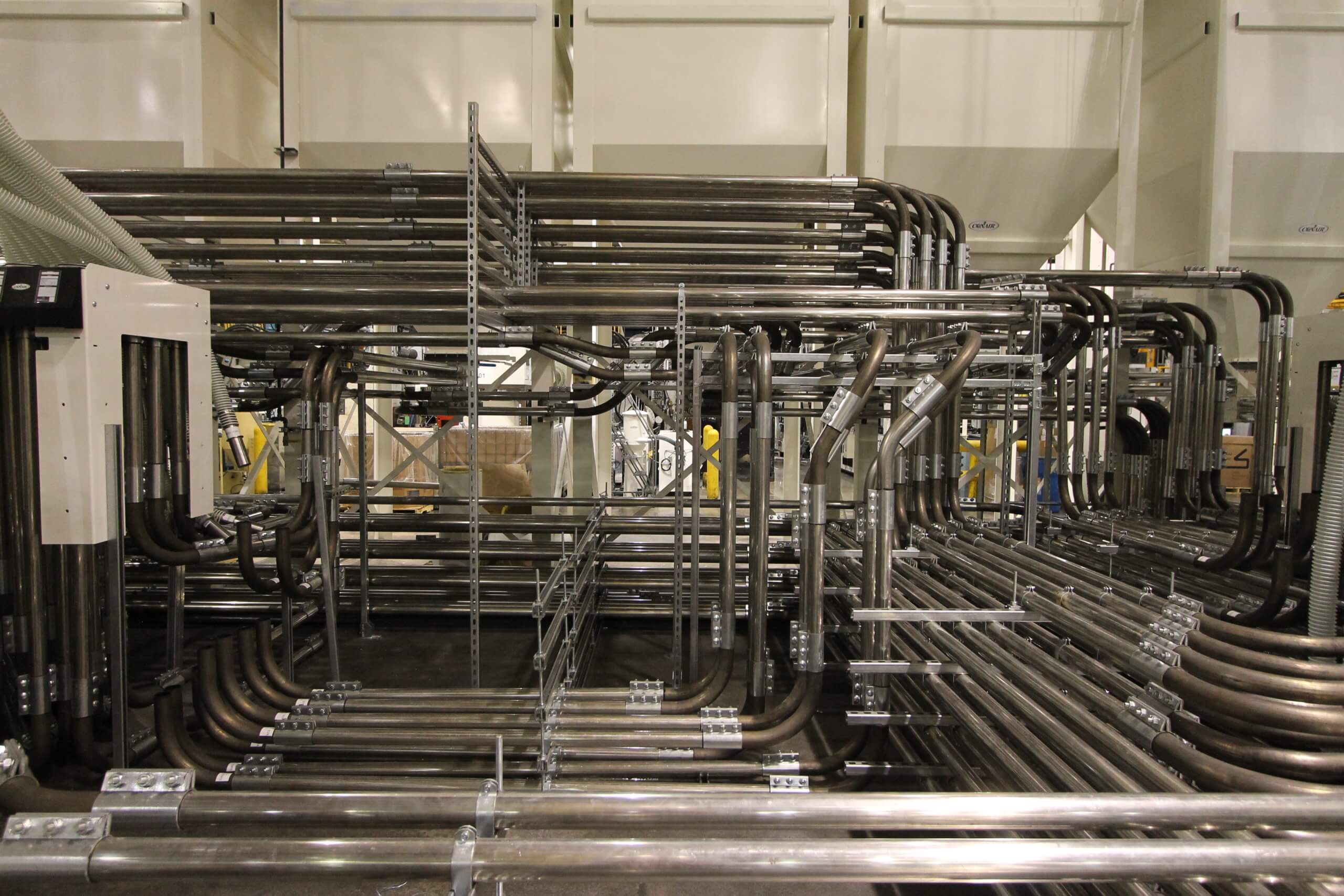Markk wrote: ↑Thu Mar 27, 2025 11:50 pm
When we import foreign manufactured goods, we basically export US money, when we export US manufactured goods, we import money that we can invest in more manufacturing and growth.
Money is not a precious industrial component like lithium. Why do Chinese companies need pieces of American paper in order to build more factories and hire more workers? There is plenty of paper and ink in China.
Importing foreign goods by exporting US money is getting goods in return for bits of paper. As long as those crazy foreigners are willing to take that deal, what the heck can be wrong with it for Americans? It's a serious question, but the answer is not that money is a resource like lithium, which Americans lose when they import foreign goods.
Why is a dollar bill worth anything? It's just paper. At one time the value of paper currency was based on the legal obligation of the issuing bank to exchange silver or gold for its banknotes. That hasn't been true for a long time, however. So why is a dollar still worth anything?
The reason it's worth something is that it's legal tender. That's not just another expression for moolah. It means that if you owe someone a debt, and you give them some dollar bills, then they can't sue you to demand payment in chickens or lithium. Your debt is legally cancelled by giving those dollar bills.
It's not at all that of course the debt is legally cancelled because you've given real money. It's that dollars are real money because if you give them, the debt is legally cancelled. That's the basis of the value of money. All the billionaires' mansions and superyachts, all the share prices, everything—it all rests on just this one little law. That's been sufficient, so far.
US money is legal tender in the US, where US law holds. It's not legal tender in China. The only reason anyone in China wants a US dollar is that it will let them buy something in the US, at some point.
Well, that's not quite the only reason anyone in China wants dollars. As long as there are enough people in China who want dollars in order to be able to buy something in the US someday, other people in China will want dollars in order to trade them with those first people. In the end it's still a lot like it was in the days when banknotes were redeemable in silver, but most people didn't bother exchanging them for sackfuls of silver and just traded the bills with each other, knowing that somebody would always want them for their silver value. The legal opportunity to buy American goods and services is the new silver that makes US dollars valuable. Of course it works just the same for all other national currencies. US dollars are more popular around the world because the opportunity to buy anything from the US seems like a bigger opportunity than the opportunity to buy anything from elsewhere.
Most of the Trump rhetoric about tariffs seems to be about shifting the US balance of trade in industrial products specifically, rather than the overall bottom line for all goods and services. This has nothing to do with fairness or prosperity, though. If country A makes all the cars and country B makes all the computers, the two countries can perfectly well trade cars and computers with fairness and prosperity on both sides. In fact everyone will be more prosperous if different countries specialise in producing the things that they can produce most efficiently.
All Trump is trying to do with his tariffs is to force other Americans to subsidise American factory workers. That's not any weird academic spin on his tariffs. It's not a theory about how the tariffs will somehow lead to an unexpected result. It's the simple fact of exactly what the tariffs directly do.
I was a teenager before it was cool.

